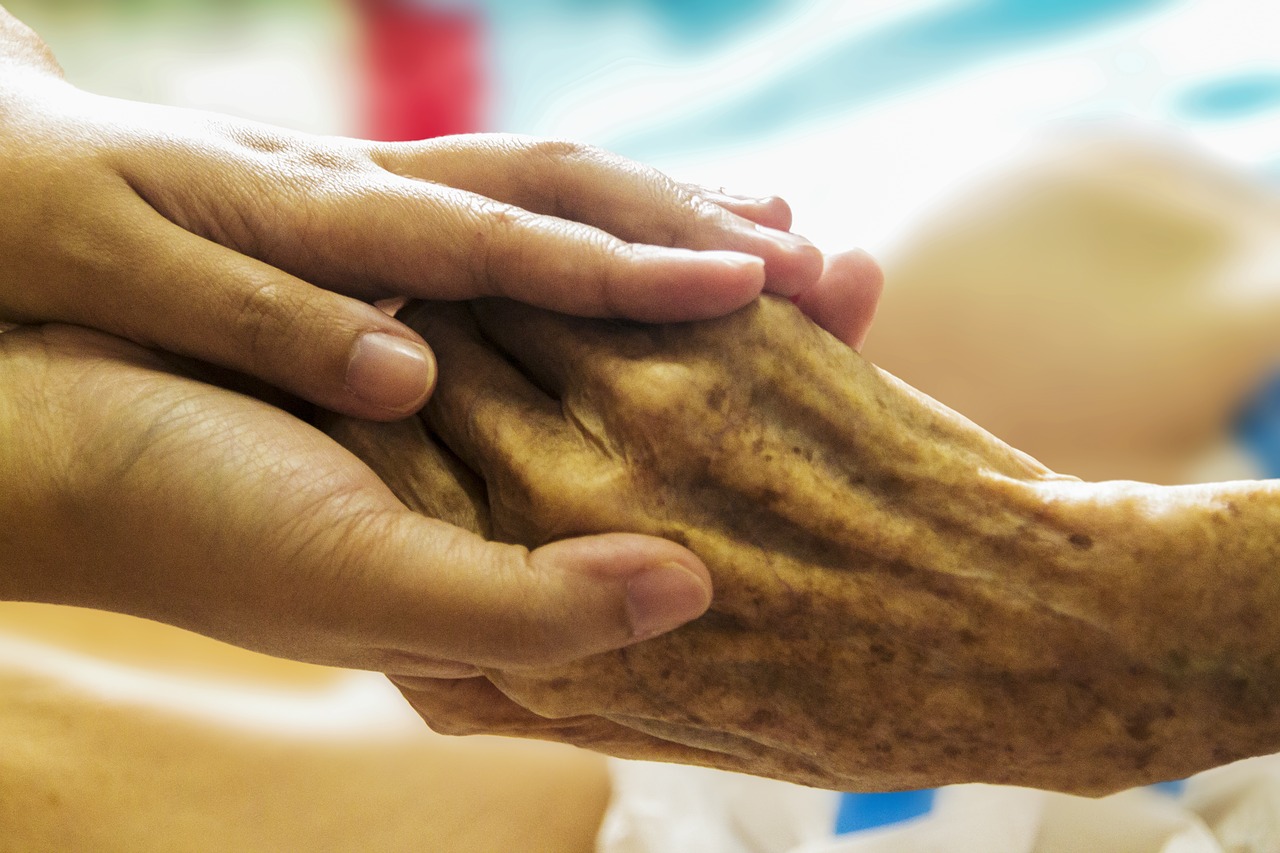
Hospice
As one of the nation’s very first hospice providers, Pathways has decades of experience helping people live their remaining days to the fullest, in comfort and dignity. Easing the weight of care for families allows patients and loved ones to cherish their remaining time together better.
What to Expect From Hospice Care
The goal of hospice care is to relieve symptoms, control pain, and give patients the support they need to enjoy their days as fully, normally, and comfortably as possible. Research shows that people who have hospice generally live longer than people with the same conditions who do not have hospice. In addition to providing medical, nursing, and personal care, Pathways Hospice offers practical, spiritual and emotional support for both patients and their loved ones.
Hospice Care Team
Each hospice patient has an interdisciplinary team of healthcare professionals led by a registered nurse (RN) available to them. The team includes:
- An aide who provide personal care, support, and companionship
- A social worker to listen, counsel, and connect families with community support systems
- A chaplain to provide spiritual support or connect the family with members of their faith community
- A physician to review care for optimal management, support the patient’s own doctor, and to make house calls when needed
- A pharmacist who collaborates with physicians and nurses to prevent unwanted side-effects and drug interactions
- Trained vigil volunteers available to support patients and families at the end of life
In addition to providing compassionate hands-on care, our team teaches caregivers all they need to know to best care for their loved one. RNs are available by phone 24/7 and can make visits after office hours when needed. Many of our caregivers are fluent in a second language, a great comfort to patients whose native tongue language isn’t English
Transitioning to Hospice
Before they are ready for hospice care, some patients receive palliative care, a multi-disciplinary approach to treating serious illness that focuses on comfort rather than on cure. Palliative care addresses symptoms, relieves pain, and maximizes quality of life for the seriously ill.
Palliative Care may be an additional service provided in the hospital, a supplement to medical care at a clinic, or when it is difficult to get to the clinic it can be provided at home through home health services such as Pathways.
A transition from palliative care to hospice may be recommended by a doctor when a patient’s life expectancy is projected to be 6 months or less. For those who qualify, hospice offers more services with fewer restrictions than palliative care.
Hospice from Pathways can be delivered in a private home, a nursing home, an assisted living facility—and sometimes in the hospital.
Contact Us
A DAUGHTER’S TESTIMONIAL

“I was a nurse, so I really looked into different hospices for my mom. Each day with Pathways we knew we had made the right choice — it wasn’t just the expert and sensitive care, but the amazing people.”
— Marie P.
WHAT MAKES PATHWAYS HOSPICE SO EXCEPTIONAL?
Here are a few of the things that distinguish Pathways from other hospice providers:
- We are accredited by the ACHC, which also accredits hospitals
- We have pharmacists on staff to assess patient medications and minimize the risks of side effects or medication interactions
- We offer a specialized dementia program tailored to the vulnerabilities of patients with cognitive issues
- Nurses are available 24-hours a day to address our patients’ questions and make visits as needed
- We offer specialized hospice care for children
- We provide unusually extensive grief support for families, including counseling, workshops, support groups, and remembrance events
- We have a Palliative Care program for people who are seriously ill

